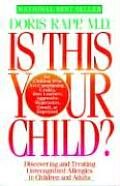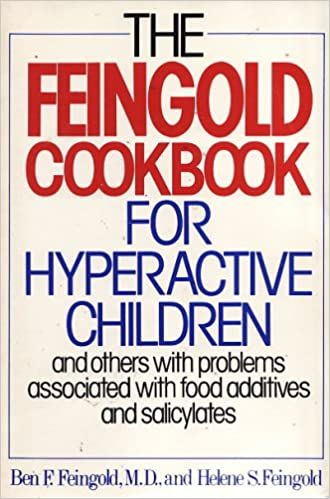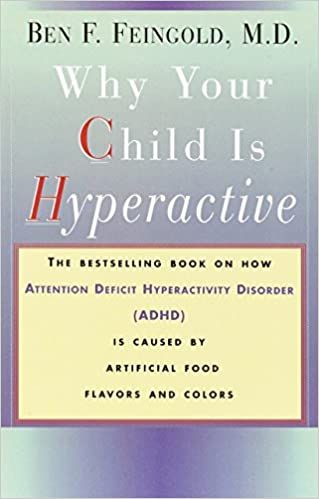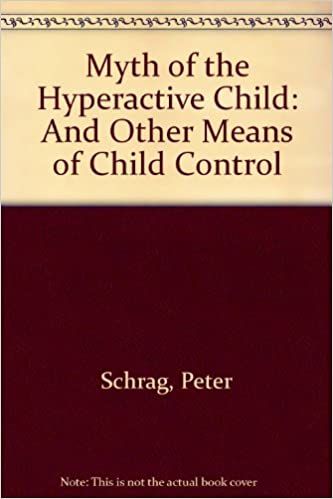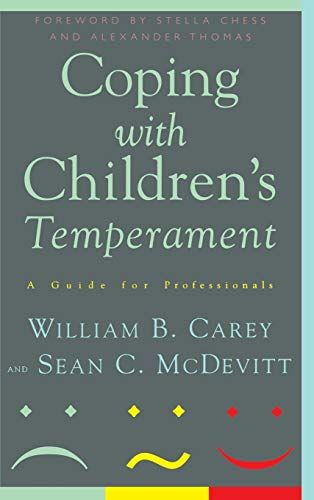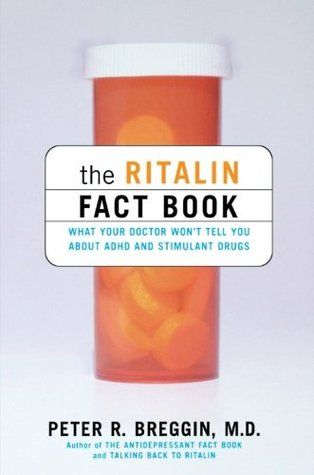Is This Your Child?
This book, written by Dr. Doris Rapp, gives a thorough overview of allergies and how they can affect children, both physically and behaviorally. There are common accepted allergic reactions that most of us are familiar with, such as hives, asthma or hay fever. But allergic reactions can also come in many forms we are unaware, of, as Dr. Rapp demonstrates in Is This Your Child?.
Allergic reactions caused by certain foods or chemicals can have symptoms that vary from nasal congestion, to stomach issues and even epilepsy in some cases. But here are also many behavioral issues, from motor mouth, inability to concentrate, and aggression, that can be caused by a particular food or chemical that is part of that child’s environment. Yet so often, these causes go undetected, and the child and parent both suffer. Dr. Rapp is adamant that parents take a step back when their child is feeling and behaving unwell, and resist the temptation to immediately blame themselves or look to a prescription medication for the answer.
Dr. Rapp covers many aspects of allergies in Is This Your Child?. She goes the history of allergies and how the definition was changed over time. She also goes over statistics of how common allergies are, and explains how family history factors into a child’s likelihood of developing allergies. Finally, in the book, Dr. Rapp explains how parents can identify the certain foods or chemicals that are causing their child (or themselves) to feel unwell, and how to prevent and treat these allergic reactions.
About the Author
Doris J. Rapp, M.D., F.A.A.A., F.A.A.P., is a board-certified environmental medical specialist and pediatric allergist for children. In 1975, as a practicing pediatric allergist in New York, she attended a meeting on food allergy and while at first she found it hard to believe what the speakers were saying, she decided to take a deeper look into the symptoms that can be caused by allergens and food. This led her on a conquest she became very dedicated to. Despite the rampant criticism she received, including many people who tried to discredit her medical work, she stepped up her research. She performed double-blind studies and videotaped countless testing sessions to document the adverse effects of environmental factors in vulnerable individuals.
Dr. Rapp’s work has been very eye-opening for the medical community. Her research has helped people that suffer from a number of ailments, including Tourette syndrome and Gulf War Syndrome. Dr. Rapp is clinical assistant professor of pediatrics at the State University of New York at Buffalo. She is the founder of the Practical Allergy Foundation in Buffalo and is the former president of the American Academy of Environmental Medicine.


